‘I’ve never met a human being who doesn’t appreciate being listened to, being taken seriously,’ said Asbjorn Rachlew, the Norwegian homicide detective who one afternoon in the summer of 2011 found himself listening to Anders Breivik, who had just killed 77 people in a shoot-out on an island near Oslo. His job, Rachlew explained, was to get Breivik to talk, but not ‘by faking it, through manipulation etc.’. You have to show real concern, he said, to get the information you need, because you have to remember that suspects, too, like Breivik, are also traumatised. ‘Banging the table and screaming etc. doesn’t help communication…’
Rachlew’s frankness, his plain speaking, as he attempted to explain what he went through with Breivik made for gripping radio, a trip inside someone else’s life, into an experience that very few people will ever have, talking at length to a serial killer to find out the facts, build up a case. His interviews with Breivik took place over nine months. A long time to listen. Afterwards, when his work was finished, Rachlew said, ‘I felt I had to cry …I didn’t have to be professional any more. It was nice to cry. It felt good.’
This extraordinary interview (first broadcast on RTE, the Irish radio station) came out of the blue on last week’s Short Cuts (produced by Eleanor McDowall) and was all the more compelling for its unexpectedness. If you don’t know it already, this series, now a Radio 4 staple, ‘showcases’ the best audio from stations in the UK and overseas, ‘brief encounters, true stories, radio adventures and found sound’, the clips interwoven on air by the reassuring Josie Long, who has one of those voices so intimate it just draws you in and keeps you listening even if it’s way past time to leave the house. Last Tuesday, for instance, the theme was ‘The Other’ and the programme also included the brutally honest testimony of a woman who was having an intense affair with a married man, while a poet whose name is John Osborne told us how he’d discovered he was ‘the other’ when someone accused him at a poetry reading of desecrating the reputation of his playwright namesake.
Journey of a Lifetime on Radio 4 on Monday (produced by Neil McCarthy) took us out into the Pacific Ocean, halfway between Chile and New Zealand. Rhiannon Adam was reporting on her three-month stay on Pitcairn Island earlier this year. It’s only two miles by one mile in size, a volcanic plug that’s now home to just 50 people, all descendants of Fletcher Christian, who in 1789 led the mutiny on HMS Bounty and with the other seven mutineers and 18 Tahitians eventually settled on Pitcairn. A decade ago their supposed desert-island idyll was shattered when six men were convicted of assault and sexual abuse.
Pitcairn can only be reached by sea, and even then most ships cannot moor on the island, it’s too rocky. The one shop is only open for a few hours once a week. The internet is very costly and although there are landline phones the exchange is in Auckland, 3,300 miles away. Their only income comes from the home-made souvenirs — carved wood, keyrings, honey — they sell to the cruise ships that come calling on the island of the mutineers. The population, unsurprisingly, is on the decline.
‘I’ve never seen a couple holding hands,’ Adam reported. ‘No one gives a hug freely. Everyone is guarded… There’s very little fun, very few social events… Everyone is busy — as though they are all trying to distract themselves from some truth they don’t want to face.’ It sounds ghastly, yet when the time came to leave, Adam shed a few tears.
The American accents on Saturday’s drama on Radio 4, The Hook, a dramatisation (by Laurence Bowen) of a screenplay by Arthur Miller, took a bit of getting used to. The idea of turning what was meant to be a film (about a union strike in the docklands of Brooklyn) into a radio drama was also a bit odd, David Suchet as the narrator having to describe each scene rather like stage directions. But in spite of this I was soon hooked because once the accents settled down the drama (directed by Adrian Noble) began to sizzle. At a recent radio conference, Suchet explained how difficult it was to act for the radio, ‘Because you can’t see me.’ He made it sound easy.
Got something to add? Join the discussion and comment below.
Get 10 issues for just $10
Subscribe to The Spectator Australia today for the next 10 magazine issues, plus full online access, for just $10.

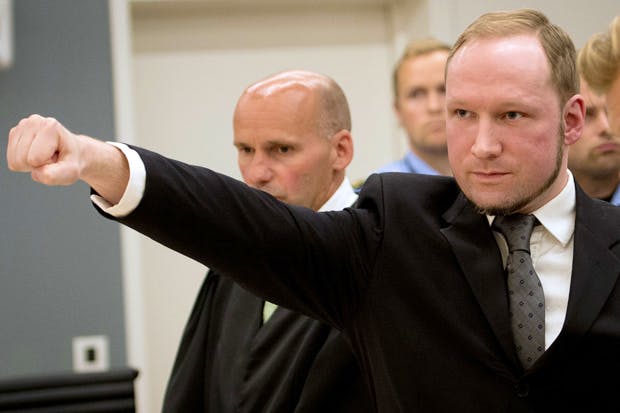

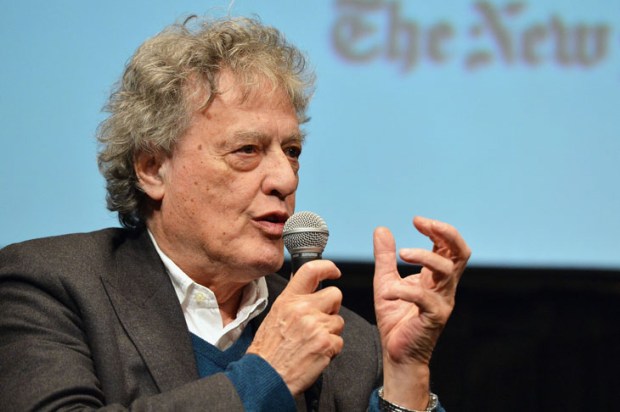
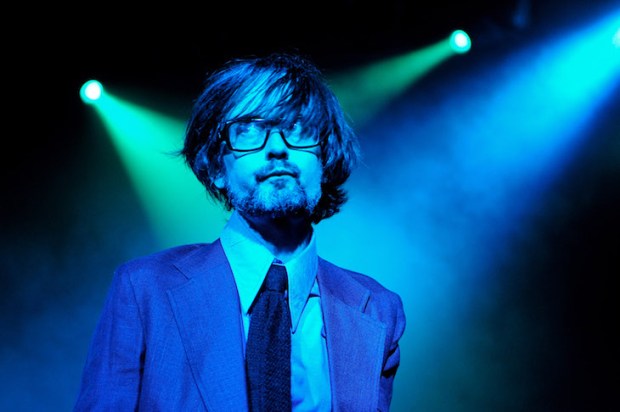

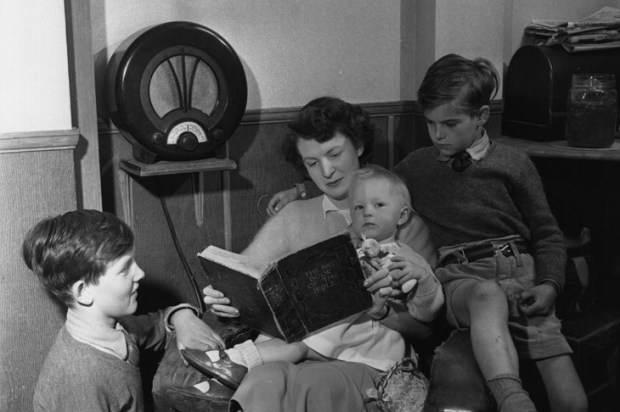
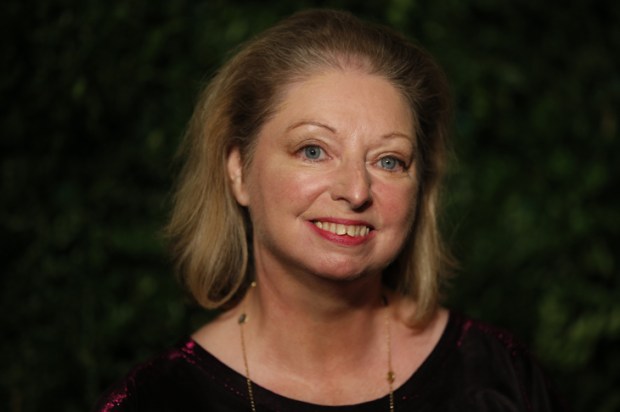






Comments
Don't miss out
Join the conversation with other Spectator Australia readers. Subscribe to leave a comment.
SUBSCRIBEAlready a subscriber? Log in